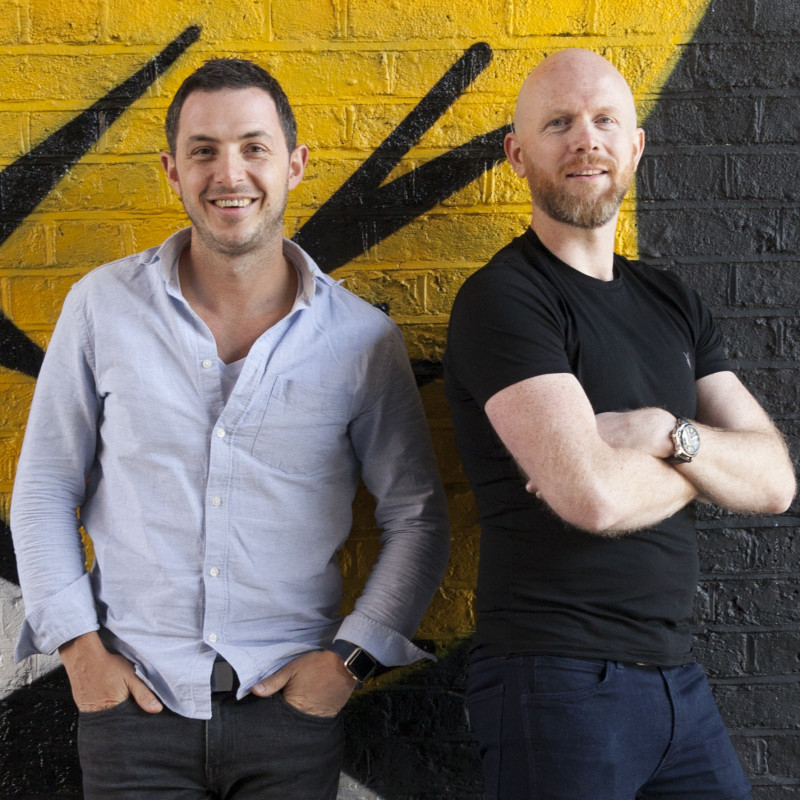
Sam Miller, Clearwater Growth
Greg Gille catches up with Clearwater Growth partner Sam Miller to discuss the advisory gap for owner-managed SMEs, the perception of private equity in the SME space, what the right investor can bring to the table, and more
Corporate finance firm Clearwater International recently launched a new division, Clearwater Growth, focused on funding solutions for smaller businesses. The new venture will provide a range of transaction services tailored to the needs of entrepreneurs and owner managers of businesses with turnovers up to £40m and equity cheques up to £15m.
The goals are certainly ambitious: Clearwater said in a statement that the new venture could unlock £250m of new domestic and international investment, supporting around £600m of deals for high-growth businesses, over the next three years.
This is rooted in the belief that the amount of capital looking to find a home in these promising businesses is not efficiently matched with entrepreneurs. “We think there is a big gap in the market for quality, independent advice in the entrepreneurial business space, “ says Sam Miller, who recently joined the firm as partner to spearhead Clearwater Growth. “The big players in the audit and consultancy world offer a full suite of services mainly targeting larger businesses, and smaller firms are also increasingly chasing bigger transactions. Meanwhile, the regional boutiques are very good at serving smaller businesses and entrepreneurs, but they may not be able to offer the benefits of a national player like Clearwater, from sector experts to debt advisory services and support for international expansion.”
The opportunity is certainly out there for SMEs and investors alike, says Miller: “We are at one of the best times ever to raise finance for SMEs. On the lending side, decentralisation means there is now a plethora of new entrants and innovative products in the market. And it is the same for private equity (PE) funding, with vast amounts of capital ready to be invested. But the market is moving so quickly, and there is so much choice out there, that it is nearly impossible for entrepreneurs to dedicate enough time to keep track and choose the best partners.”
And while PE in particular has become very adept at approaching business owners in the SME space, this can leave the latter in need of extra guidance. “We have done in excess of 35 deal origination calls in the past 8-10 weeks - a number of these entrepreneurs said they had already been contacted by several VCs and PE houses, but no advisers,” Miller says. “There is clearly a gap there.”
Education mission
This is compounded by the fact that while PE and venture capital (VC) is a less opaque industry than it was a decade ago, some misconceptions still prevail, Miller adds: “We still get the same comments: that PE has got a bad reputation, that they will squeeze the business, take control away from the founders, etc. Our first port of call is to address these misconceptions - which we firmly believe are not a true reflection of what PE can bring to the table - and talk about it in terms of establishing a partnership that, ultimately, will unlock further growth for the business.”
Environmental, social and governance (ESG) value-add is a case in point. PE’s impact when it comes to what is now a key consideration for all businesses, regardless of size, can be significant, stresses Miller: “Their own investors have put a strong emphasis on it, and it has also emerged as a concrete value creation tool. So it is not just lip-service: PE can make a meaningful difference and enact change, and really turn it into a value driver that ultimately benefits these companies.”
Highlighting the merits of minority deals (whereby PE firms that would have typically bought a business outright will instead secure a minority stake and work in partnership with the current owners) is also very much on the agenda, given how well suited this type of transaction can be for owner-managers. “Entrepreneurs often see their options being a trade exit or a majority PE deal,” says Miller. “They have been surprised that they can do a minority deal, whereby they can take cash off the table but also take on some growth capital and remain involved in the continued success of the business. This also makes them very much aligned with their PE backers as partners in the truest sense, which is equally appealing for investors.”
The core focus of Clearwater Growth will be on finding high-growth, owner-managed businesses looking to raise PE investment - be it through growth capital, MBOs or minority deals. But the team can cover the full M&A suite of services, such as strategic business planning, that also have to be tailored to the different needs of owner-managers. Miller says that recruitment, and people management in general, is an area that can be incredibly challenging for smaller, high-growth businesses: “On the organisational strategy side, a typical example is very tech-focused businesses where you will find that the founder/CEO may be the only person with a commercial impetus, while the rest of the team is very tech-heavy - they will need to scale up their commercial force to take the company to the next level. And more generally, finding the right talent is such a big decision for smaller businesses - not only in money terms when you look at recruitment fees, but also in terms of the time spent by the execs tied up into that process.”


